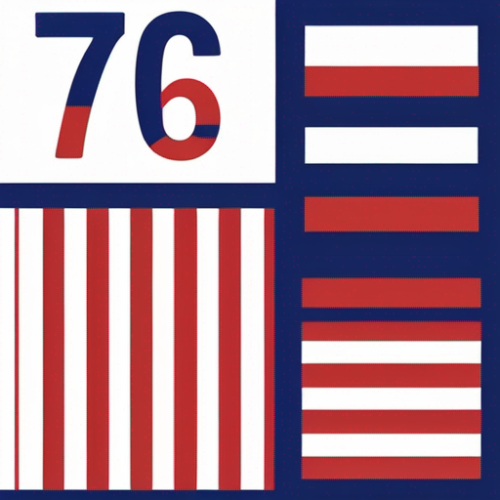Freedom: The Cornerstone of Human Dignity
Freedom is one of humanity’s most fundamental and cherished values. It represents the ability to think, act, and live according to one’s own choices without undue restriction or coercion. This concept has inspired revolutions, shaped civilizations, and continues to drive human progress across the globe.
At its core, freedom encompasses several essential dimensions. Personal freedom allows individuals to make decisions about their lives, including their beliefs, lifestyle, and pursuits of happiness. Political freedom ensures people can participate in their governance through voting, expression, and peaceful assembly. Economic freedom enables individuals to work, trade, and manage their resources as they see fit.
The journey toward freedom has been a constant thread throughout human history. From the abolition of slavery to the recognition of universal human rights, societies have gradually expanded the scope of individual liberties. However, this progress has rarely come easily, requiring tremendous sacrifice and persistent struggle against oppression.
Freedom carries with it inherent responsibilities. As the philosopher John Stuart Mill noted, one person’s freedom should not impinge upon another’s fundamental rights. This delicate balance between individual liberty and social responsibility forms the foundation of modern democratic societies. True freedom requires a framework of laws and social contracts that protect everyone’s rights while maintaining order and stability.
Education plays a crucial role in freedom’s exercise. When people understand their rights and responsibilities, they can make informed choices and meaningfully participate in society. Knowledge empowers individuals to question, challenge, and contribute to the continuous evolution of human freedom.
In today’s interconnected world, freedom faces new opportunities and challenges. Digital technology has created unprecedented access to information and expression while simultaneously raising concerns about privacy and manipulation. Economic globalization has expanded opportunities while sometimes constraining local autonomy. Environmental challenges require balancing individual freedoms with collective responsibility for our planet’s future.
Freedom is not merely the absence of constraints but the presence of possibilities. It enables human creativity, innovation, and the pursuit of excellence. Societies flourish with diversity and dynamism when people can express themselves, experiment with ideas, and follow their aspirations.
However, freedom remains unevenly distributed across the world. Many people still live under various forms of oppression, from political tyranny to economic exploitation. The struggle for freedom continues in many forms: movements for civil rights, gender equality, religious liberty, and economic justice, among others.
Protecting and expanding freedom requires constant vigilance and active participation. History shows that liberty can be eroded gradually, often for security or stability. Citizens must remain engaged and informed, ready to defend their rights and the rights of others.
In conclusion, freedom represents humanity’s highest dignity, self-determination, and fulfillment aspirations. While its perfect realization may remain an ongoing journey, the pursuit of freedom continues to inspire and guide human progress. As individuals and societies, we must work to preserve, protect, and expand freedom for current and future generations, recognizing it as essential to human flourishing and dignity.


